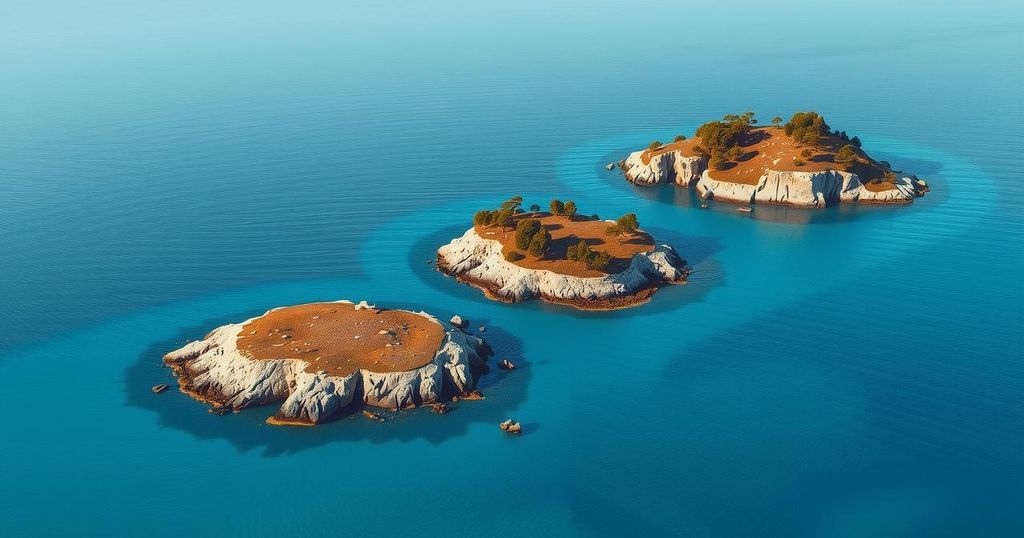The ICJ ruled that the islands Mbanie, Conga, and Cocoteros belong to Equatorial Guinea, ending a long-term dispute with Gabon. Gabon’s claims based on the Bata Convention were dismissed due to the lack of an original document. The ruling aligns sovereignty with historical treaties prior to Equatorial Guinea’s independence.
On May 19, 2025, the International Court of Justice (ICJ) issued a landmark decision recognizing that the islands of Mbanie, Conga, and Cocoteros, situated off Gabon’s coast, belong to Equatorial Guinea. This ruling has put an end to a long-standing territorial disagreement between the two nations that has simmered since the 1970s.
The three islands are mostly uninhabited but sit in waters thought to hold valuable oil and gas resources. Gabon has maintained control over these islands since its military evicted Equatorial Guinean troops from Mbanie in 1972. The islands’ strategic significance has prompted both countries to assert their claims fervently.
Gabon contended its sovereignty through a 2003 claim that cited the Bata Convention, a previously unknown treaty from 1974. Marie-Madeleine Mborantsuo, an honorary president of Gabon’s Constitutional Court, argued it settled all sovereignty and border issues. She claimed the treaty was key to Gabon retaining the islands.
However, Equatorial Guinea dismissed Gabon’s assertions, pointing out that they have yet to produce an original version of this supposed treaty. The vice-minister of mines, Domingo Mba Esono, highlighted this lack of evidence, stating in The Hague that no one had ever seen the actual convention and that the document presented was merely an unauthenticated photocopy.
Philippe Sands, the legal representative for Equatorial Guinea, poked holes in Gabon’s case, labeling the Bata Convention as “scraps of paper.” He remarked to the court that it would be absurd to base a ruling on a photocopy of a document that couldn’t be located. The argument underscored the flaws in Gabon’s claim to sovereignty.
Ultimately, the ICJ sided with Equatorial Guinea, ruling that the Bata Convention lacked any legal force. Instead, it referred to an 1900 treaty that divided colonial assets in the region, which originally granted sovereignty of the islands to Spain, transferring to Equatorial Guinea upon their independence in 1968. The ruling emphasized, “The title that has force of law… is the title held by the Kingdom of Spain… to which the Republic of Equatorial Guinea succeeded.”
Mborantsuo commented on the difficulty in finding original documents, attributing it to poor archive management and various misfortunes, including a lack of technology. The outcome means that Gabonese military forces must vacate their local base on Mbanie, a mere kilometer long, symbolizing a significant shift in territorial governance.
The ICJ’s ruling has clarified the legal claims over the contested islands and reasserted Equatorial Guinea’s sovereignty based on historical treaties. Gabon’s reliance on the Bata Convention was deemed insufficient, emphasizing the need for original documentation in territorial disputes. This decision, while amicable between the countries, marks a notable change in control over valuable maritime resources in the region.
Original Source: www.dw.com






